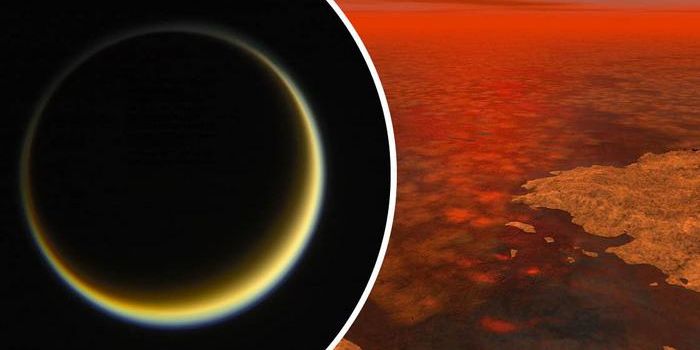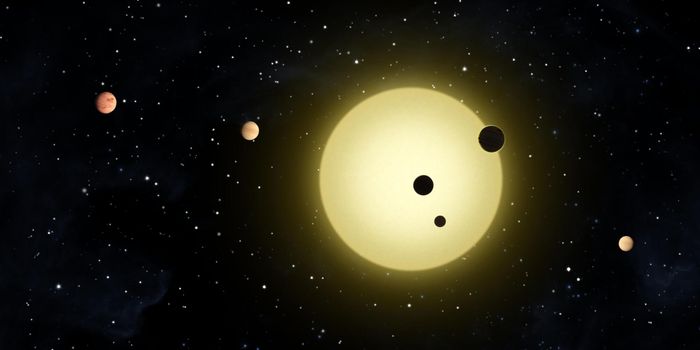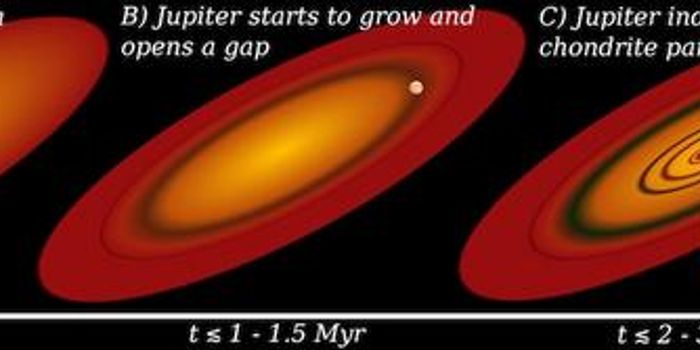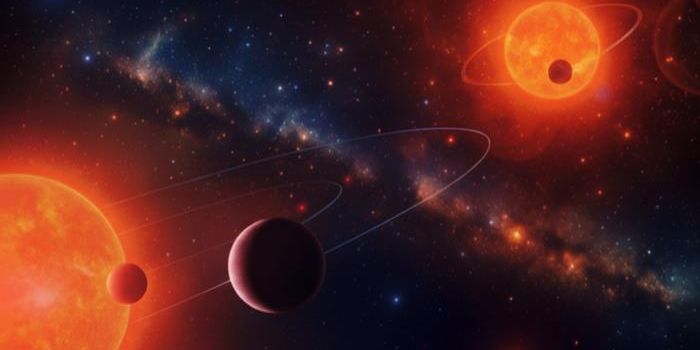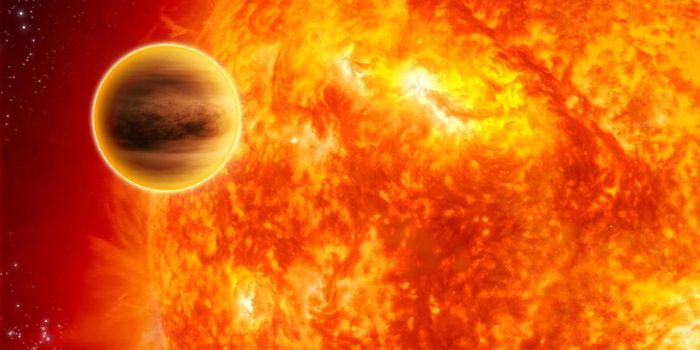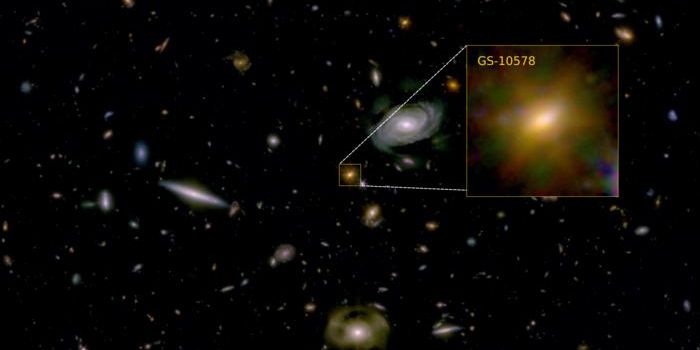Scientists Claim This Exoplanet Has Wind Speeds of Over 5400 MPH
Scientists have mapped the weather patterns of planets in our own solar system for years, but for the first time, scientists have actually measured the weather patterns of an exoplanet, which is a planet that isn’t orbiting our own Sun, but another star instead.
Dubbed HD 189733b, this not-so-distant exoplanet is a lot like Jupiter in our own solar system, although it’s much hotter at around 1,200º Fahrenheit and is much closer to its host star than Jupiter is, or Earth is for that matter.

Just to give you an idea of how how close HD 189733b is to its star, it only takes a little over two Earth days for the planet to make a complete orbit around its own star, which compares to Earth, which takes 365 days to orbit the Sun, or Mercury, the closest planet to the Sun in our solar system, which takes 88 Earth days to orbit the Sun.
On this planet, scientists from the University of Warwick claim that sustained winds of more than 5,400 miles per hour, or 2 kilometers per second, are present. This wind is so strong that it’s actually 27 times stronger than a 200 miles per hour category five hurricane that we might experience here on Earth.
“This is the first ever weather map from outside of our solar system. Whilst we have previously known of wind on exoplanets, we have never before been able to directly measure and map a weather system,” said Tom Louden, the lead researcher of the University of Warwick’s Astrophysics group.
“HD 189733b’s velocity was measured using high resolution spectroscopy of the Sodium absorption featured in its atmosphere. As parts of HD 189733b’s atmosphere move towards or away from the Earth the Doppler effect changes the wavelength of this feature, which allows the velocity to be measured”.
HD 189733b is approximately 10% larger than Jupiter is, but it’s a lot like Jupiter. Scientists are hopeful that the techniques used to figure the wind speeds and weather characteristics on HD 189733b will be helpful in future research to see just what weather is like on other planets that may be more similar to Earth. As a result, this research could be beneficial to finding a planet capable of hosting life like Earth does.
Source: University of Warwick

